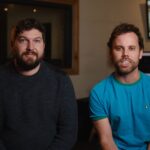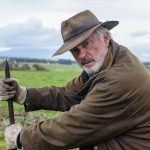Production In The COVID-19 Era
As any business in the world will attest, the past 6 weeks has been a rollercoaster. Navigating our way through the changing landscape of coronavirus safety at work, from social distancing to travel restrictions to the very definition of what is ‘essential work’, has been a challenge – quite apart from the personal anxiety and uncertainty we will have all felt around our health and financial security.
Mid-March – the global pandemic became official and, with a number of high-value live productions underway, Sandbox was thrown in at the deep end. Official government guidelines meant that productions could continue – so long as strict social distancing protocols were developed, implemented and adhered to.
In conjunction with MEAA members in WA (notably John Fairhead – a veteran AD and production safety specialist), Sandbox systematically worked through and found solutions for a number of challenging scenarios.
Our primary way of mitigating risk was to drastically reduce the amount of people on set. It takes many hands to make (and approve) a TVC, so we needed a solution that would enable client stakeholders, agency and supervisory crew to review what was being captured without the need to be physically present.
On the advice of 1st AC Arthur Bienkowski, we implemented a remote review and feedback workflow which had never been tested here in Western Australia… and it worked a treat!
“Jenny and the Sandbox team were encouraging with the idea and offered a heap of support, so together we progressed into testing and then implementing a trial,” said Bienkowski.
The idea involved setting up a live-stream from the on-set camera via Qtake and Zoom which allowed for review and collaboration between agency, client and production team.
Shots could be signed-off in real time and the shoot was able to progress as normal. Up to 12 key stakeholders at a time were able to tune in via this system, over 7 days worth of filming.
Not counting pets and partners walking through the back of the Zoom chat, there were no major technical issues. This streaming solution had the added benefit of allowing key production crew to tune in as required. The VFX team, for example, was able to quickly access the stream to supervise shots and answer questions along the way.
Even when we were filming remotely, 400km out of Perth with no mobile reception, we made it work by attaching a cellular repeater (also known as a huge aerial!) to the top of the camera van. This gave us the uplink of data we needed.
Underlying all this was the clear communication that no one should come to set, or feel pressured to work, if they were uncomfortable with any proposed safety measures. We also made it clear that anyone who had to be physically present on set was healthy and not at high risk (i.e. returning from overseas, immunocompromised etc.)
Developing these strategies in collaboration with the wider team, external crew members and keeping across the ever-evolving government advice was a challenge that Sandbox Managing Director Grady Habib tackled head on.
“I am very proud of how the Sandbox team has risen to the challenge in continuing to deliver complex productions under extreme pressures. From police and ranger unannounced set visits, to talent and locations pulling out at the last minute, the team have found a safe and reliable way forward to continue capturing great content. If we can keep productions running safely, it will provide a safety net for the many skilled freelancers this industry supports as well as enabling agencies to continue to deliver communications for their clients.”
“Government has been very clear about what businesses are to cease operation, and productions are not one of them. Businesses must continue to operate where they can and safely. Sandbox will continue developing and refining its strict safety protocols and are happy to share our learnings with the wider industry so we can all get through this together.”
What was achieved in recent weeks proves that we can adapt to this brave new world. We can find solutions which will keep our industry running and may even discover that there are better ways of working, which we’ll want to hang onto long after Covid-19 is a distant memory.






